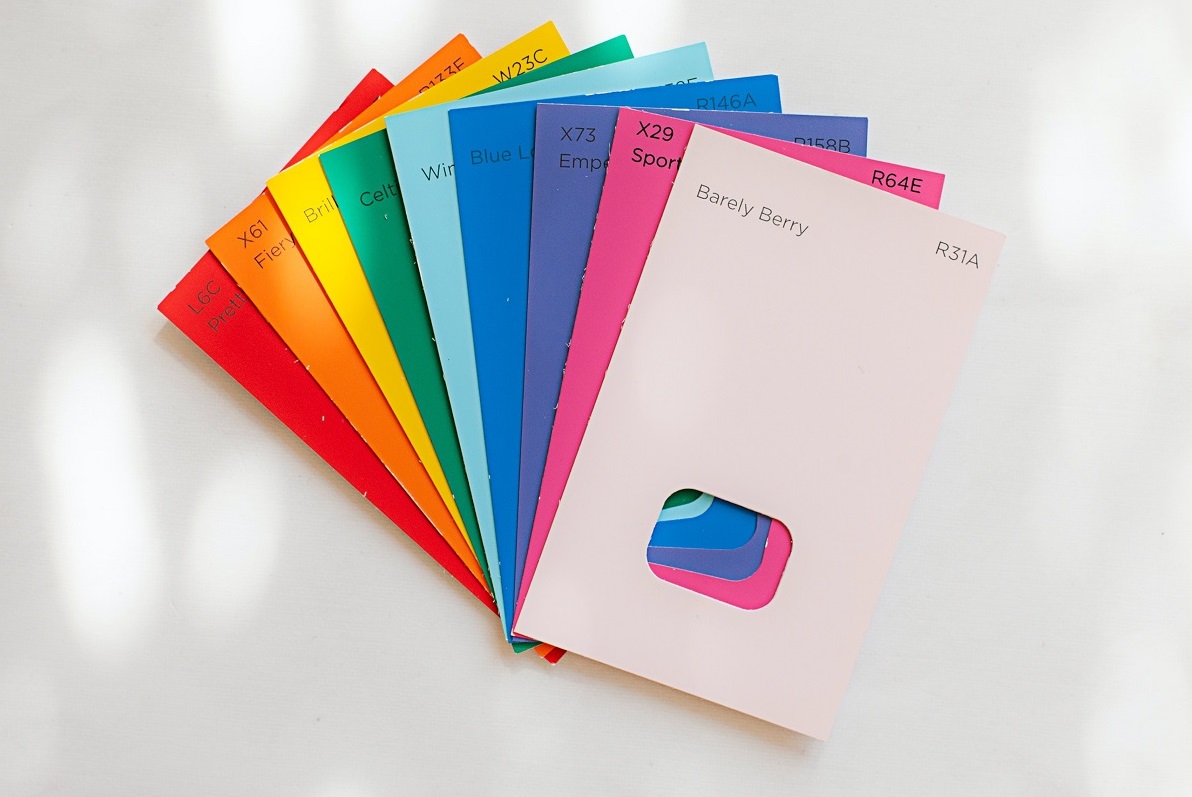A pitch for North American free trade in mutual funds -- made today by a senior Invesco Canada Ltd. executive -- was met with skepticism by the head of the trade group for Canada's mutual-fund industry.
Invesco Canada president Peter Intraligi called for a "passport-like" arrangement that would enable mutual funds offered by prospectus in the U.S. to be sold in Canada, and vice versa. Intraligi was among the panellists at the 2014 symposium in Toronto sponsored by Advocis, a trade group representing an estimated 11,000 financial advisors.
He noted that free trade in funds would require the U.S. Securities and Exchange Commission (SEC) and the Canadian Securities Administrators (which represents regulators in Canada's 10 provincial and three territorial jurisdictions) to work together.
Intraligi sought to dispel the notion that free trade would place Canadian fund managers at a competitive disadvantage in relation to the much larger U.S. fund industry. He said that lower management fees in the U.S. are attributable primarily to differences in advisor-compensation models and Canadian sales taxes.
In the U.S., said Intraligi, 80-90% of mutual-fund flows are into fee-based accounts, with advisor compensation paid directly by investors. By contrast, in Canada, a large portion of the management fees of most mutual funds consists of embedded commissions which are paid by mutual-fund companies to their distributors. Intraligi added that the harmonized sales tax (HST) adds roughly 20 to 25 basis points to the management expense ratios (MERs) of Canadian mutual funds, a burden not borne by U.S. funds.
Intraligi said North American "passporting" for mutual funds would result in cost savings for the industry since it would increase economies of scale and avoid the need for separate filings of prospectuses and other regulatory documents. Ultimately, he said, free trade in mutual funds would mean lower costs for investors.
Though Canada and the U.S. are notable exceptions; multi-country distribution is the norm globally for mutual funds. For instance, in Europe, UCITS (undertakings for collective investment in transferable securities) are investment funds that are regulated by the 28-country European Union. According to the European Commission, UCITS account for around 75% of "collective investments" by small investors in Europe. UCITS are also sold in many countries in the Asia-Pacific region, as well as in Africa, the Middle East and Latin America.
 |
|
 |
|
| Peter Intraligi speaking at the 2010 Morningstar Investment Conference. | |
 |
|
 |
|
 |
As for North America, there is free trade between Canada and the U.S. in exchange-traded funds. Canadians can buy and sell U.S.-listed ETFs, and Americans have similar access to ETFs listed on the Toronto Stock Exchange. Intraligi considers it an anomaly that Canadian investors can buy U.S.-listed ETFs, but not U.S.-domiciled mutual funds.
U.S.-based Invesco Ltd., the parent company of Invesco Canada, would be among the companies that would likely benefit the most from free trade in mutual funds. In the U.S., Invesco currently offers about 90 mutual funds with combined assets of more than $US 300 billion. Other Canadian fund managers that are part of large multinational organizations include: Fidelity Investments Canada, Franklin Templeton Investments, Capital International Asset Management (Canada), BlackRock Asset Management Canada and Vanguard Investments Canada.
Intraligi made his comments during what was billed as a "blue-sky discussion" on regulation and what it holds for the future. "That's my blue-sky idea," he told a Toronto gathering of more than 200 Advocis members.
The other executive panellists included Joanne De Laurentiis, president of the Investment Funds Institute of Canada. (Invesco Canada is not an IFIC member firm.)
While acknowledging that multi-country distribution of mutual funds has worked successfully in Europe, De Laurentiis expressed skepticism as to whether the concept could be applied in North America.
A major stumbling block, according to De Laurentiis, would be getting the SEC to co-operate with Canadian mutual-fund regulators. She described the SEC as being "very insular" when it comes to regulations. She concluded that North American free trade in mutual funds is certainly worthy of discussion, but cautioned that "it's going to be challenging."














:quality(80)/cloudfront-us-east-1.images.arcpublishing.com/morningstar/54RIEB5NTVG73FNGCTH6TGQMWU.png)






